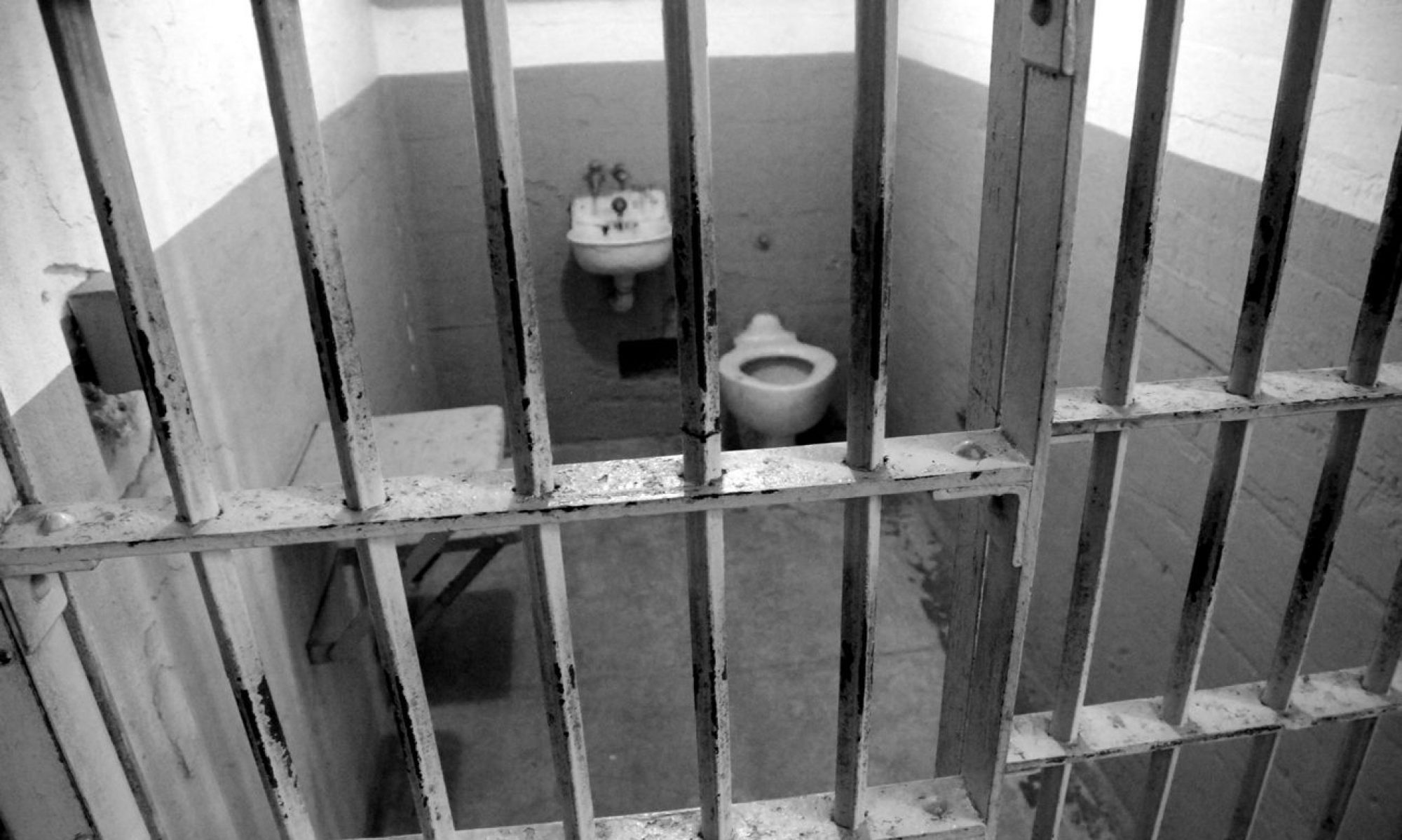Overall there are benefits but also downfalls to both sides of this debate. On one side you have rehabilitation, that wants to send criminals through programs based on their mental issues, physical issues, or crime. The rehabilitation side also doesn’t think the offenders should be locked up. Whereas the incarceration or punishment side believes if you do the crime then there are consequences for your actions like serving physical time confined.
This issue between rehabilitation vs punishment can be connected to the sociological concept of social interaction. “Our social selves are always set up for potential change as we move from one social location to another” (4.3). As people change social groups or locations it is sometimes hard to figure out how to act. When an offender is sent to prison for a drug charge and now they are surrounded by murders it can affect how they start to behave. After being sent to prison the criminals often come out worse because of the social interaction they have with other criminals that may be worse than them.
Which side people choose can also be affected by culture and the country. “People use the word culture to refer to all sorts of things, from art to traditions to individual learned behavior” (6.1). The prison system and how they go about treating their prisons can be affected by the culture of the area or country in general. Unlike in the U.S, the UK justice system does not believe prisoners should get any luxuries while confined. Whereas in the U.S the prisoners have televisions and games. The U.S incarcerates more criminals per capita than any other country in the world. The UK turns away low crime offenders and allows them to do rehab.
